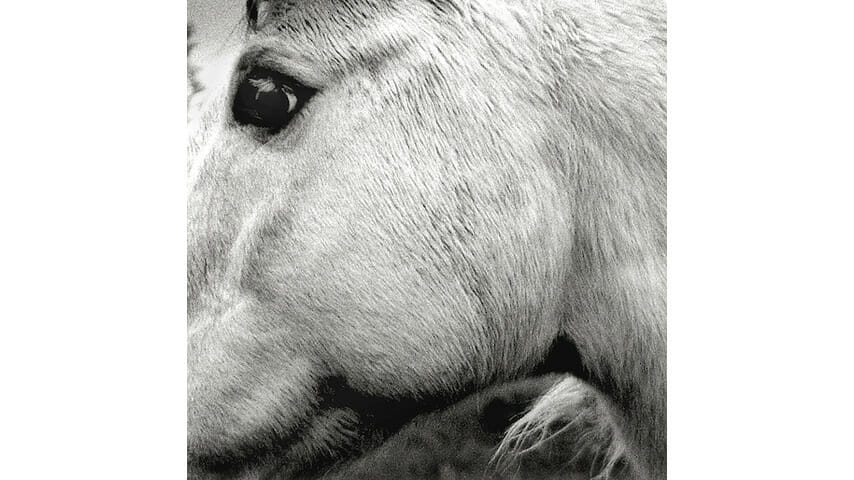Bonny Light Horseman Spin Ancient Songs Into Modern Gold on Self-Titled Debut
Folk-pop supergroup includes Anaïs Mitchell, Eric D. Johnson and Josh Kaufman

If you Google “oldest known musical instrument,” you’ll find that the answer is the flute: 42,000-year-old fragments of the instrument carved from bird bone and mammoth ivory were discovered in a German cave a decade ago. But the cheekier, less scientific answer to that query, though, is the human voice. It makes logical sense: As long as there have been humans, they’ve surely used their voice to sing.
In other words, it’s not just the material that’s timeless on the new self-titled album from folk supergroup Bonny Light Horseman. It’s the voices—of decorated singer/songwriter Anaïs Mitchell and Fruit Bats leader Eric D. Johnson, especially—that make Bonny Light Horseman more than just another rehash of traditional songs.
The trio, which also includes multi-instrumentalist Josh Kaufman (The National, Josh Ritter), came together during two 2018 festivals connected to Bon Iver’s Justin Vernon and The National’s Aaron Dessner—Eaux Claires in Wisconsin and the 37d03d Festival in Berlin. There, Mitchell, Johnson and Kaufman zeroed in on their goal: to give ancient songs a contemporary twist, and to surround the timeless feelings expressed in those songs with drop-dead gorgeous string and vocal arrangements.
-

-

-

-

-

-

-

-

-

-

-

-

-

-

-

-

-

-

-

-

-

-

-

-

-

-

-

-

-

-

-

-

-

-

-

-

-

-

-

-








































